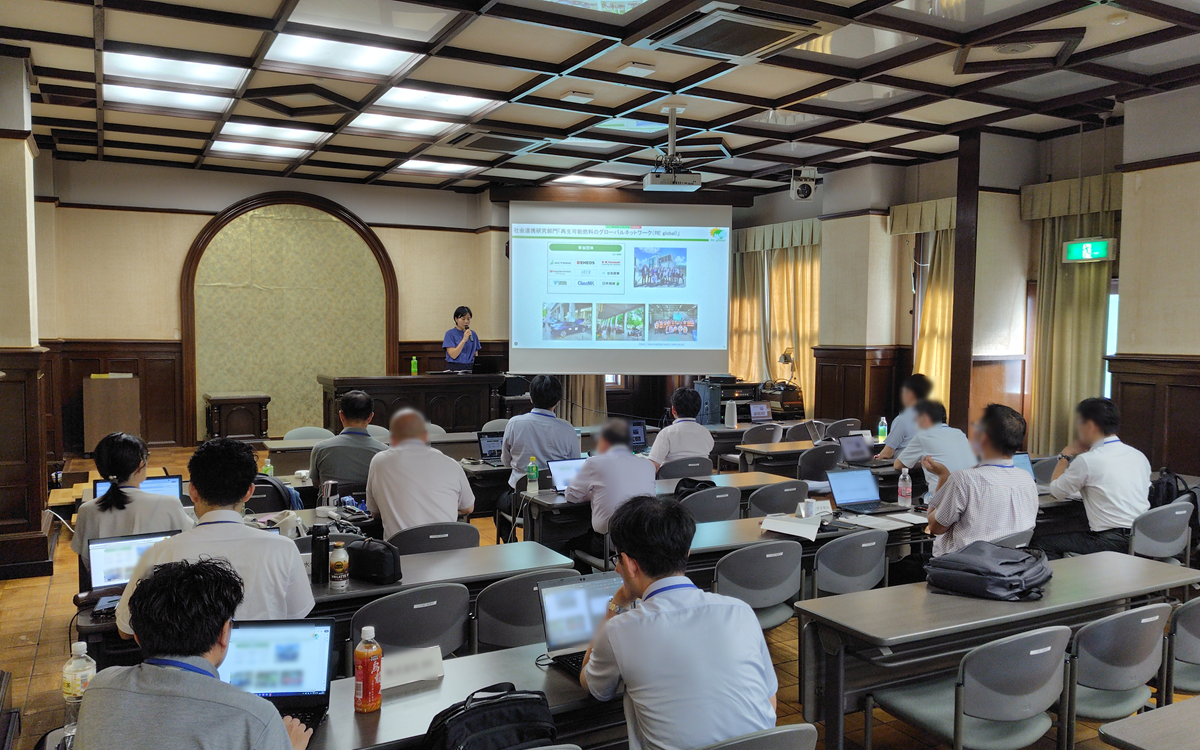
Pre-emptive LCA Social Cooperation Research Department Seminar “Technical and Economic Analysis of the Hydrogen Supply Chain and Recent Policy Trends”


Copyright © UTLCA. All Rights Reserved
We aim to evolve the conventional Life Cycle Assessment (LCA) that evaluates the current environmental impacts of products and services throughout their life cycle into a pre-emptive LCA. This approach is geared toward strategically constructing a sustainable society in the future.
01To establish, lead, and disseminate the academic principles of pre-emptive LCA, we are building a new collaborative platform centered around the co-creation of advanced science and technology researchers and LCA researchers. This platform involves over 40 researchers and promotes collaboration with researchers and institutions both domestically and internationally.
02Through strong collaboration between researchers of UTLCA and participating companies, we address challenges related to the interaction between technology and society, talent development, and more. We promote application and verification of pre-emptive LCA while exchanging information.
03By practicing pre-emptive LCA of advanced science and technology fairly and with high reliability, we aim to guide and advocate scientific and technological strategies and social implementation strategies based on the effects on the environment, society, and the economy by 2050. We also communicate these strategies widely to society.
04Through the practical application of pre-emptive LCA and talent development activities, we nurture individuals with expertise in both advanced science and technology and LCA. This contributes to establishing Japan as a leading force in pre-emptive LCA on a global scale.
05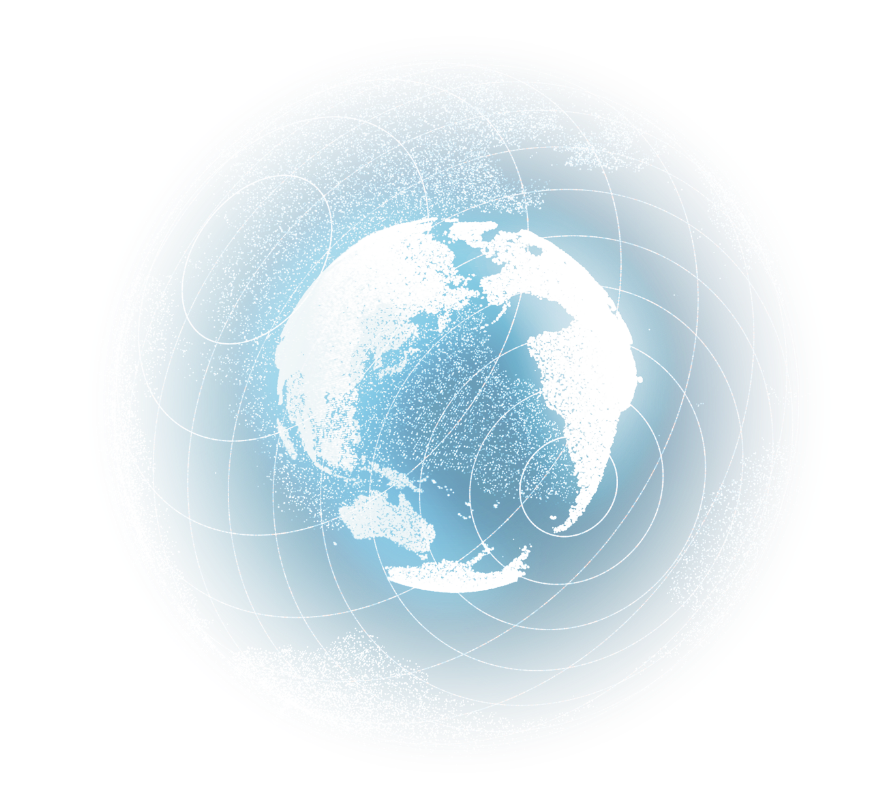

For further advancement in research and to accelerate the resolution of societal challenges, your support is crucial. We kindly request your assistance through donations.
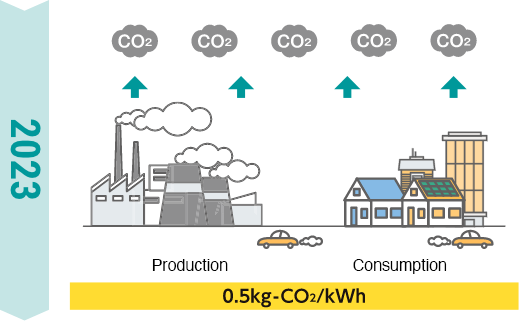
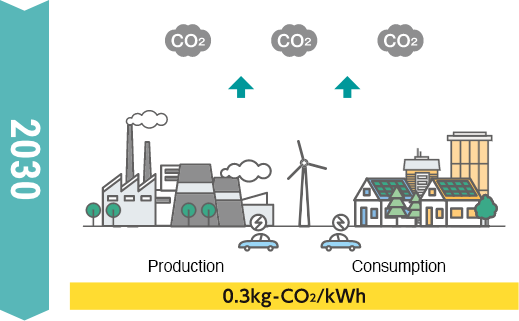
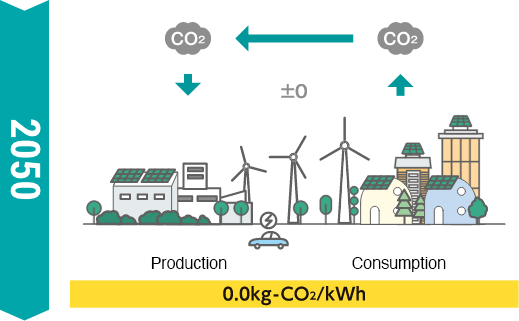
In the future society, the balance of primary and secondary resources in raw materials for material production will change. In particular, the future availability of secondary resources can be estimated based on past and current material consumption and stock in use.
Estimating the common-understanding supply potential of secondary resources in the future toward a circular economy.
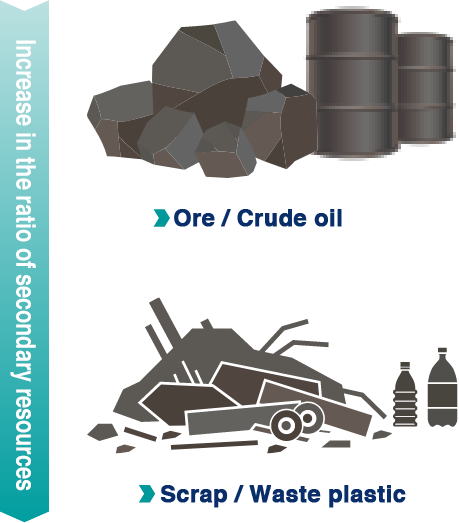
Research and development of innovative technologies are essential for achieving carbon neutrality. However, to evaluate the effectiveness of technology, it is necessary to assess it in line with the industrial and social structures at the time when it is implemented in a society. We establish a “standard” evaluation method for innovative technologies.

Sharing economy, service based values, pro-environmental behavior, digital society, aging society
SDGs, SCOPE3, TNFD, Paris Agreement, Basel Convention, geopolitical risks, supply chain risks
To achieve a sustainable society, an integrated design of changes in consumption and production patterns as a social system is necessary, taking into account international trends. Strengthening the coordination between consumption and production is particularly important.
We actively collaborate with domestic and international universities and public research institutions.


Through strong collaboration between researchers of UTLCA and participating companies, we address challenges related to the interaction between technology and society, talent development, and more. We promote application and verification while exchanging information.
Faculties, research institutes, and research facilities at The University of Tokyo collaborate. You can view over 40 participating researchers in the “Researcher List.”
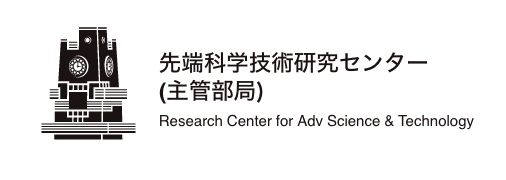
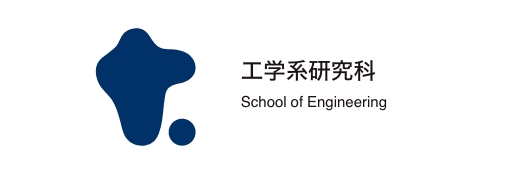
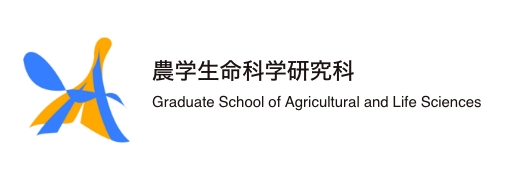
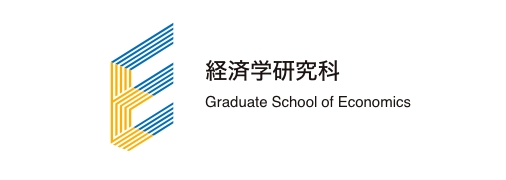
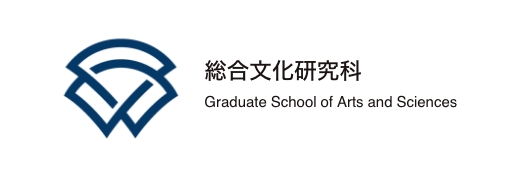
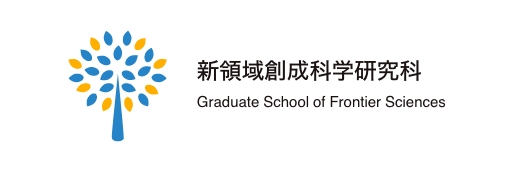
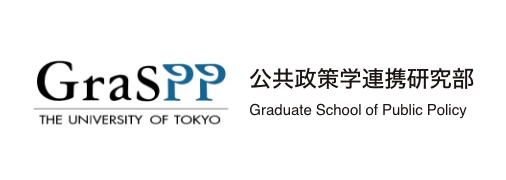
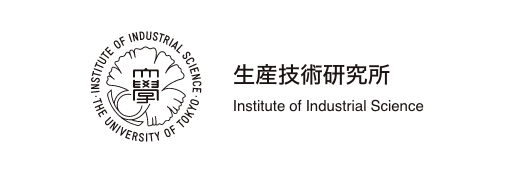
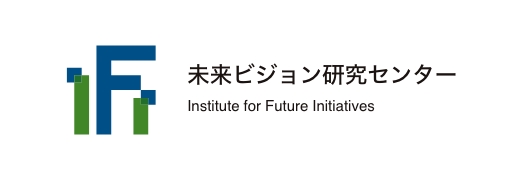
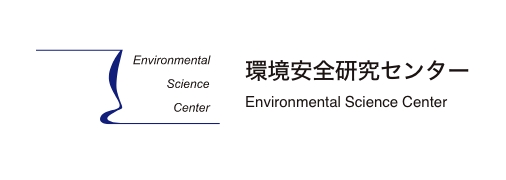
2024.4.1